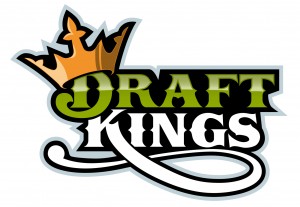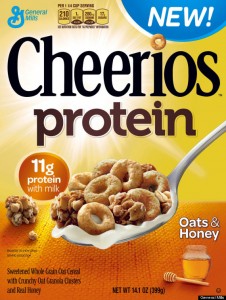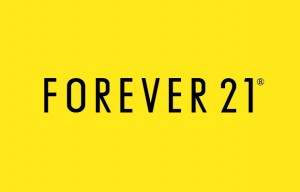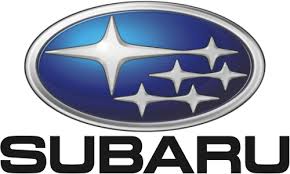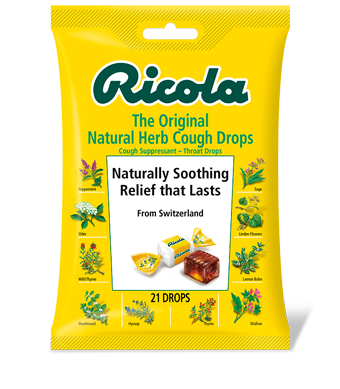 Top Class Action Lawsuits
Top Class Action Lawsuits
Ricola not all it’s Coughed up to be? Ok, bad one, I know. So are Ricola cough drops too good to be true? Perhaps—too good to be accurate, more likely. This week, Ricola USA got hit with a consumer fraud class action lawsuit alleging the company deceived customers about the natural qualities of its herb drop products. Really? I hear you say…
Specifically, the Ricola lawsuit claims unjust enrichment and violations of the Federal Food Drug & Cosmetic Act and New York’s Deceptive Acts or Practices Law, in addition to violations of similar laws in all 50 states. Well, that should about cover it.
Filed by Timothy Minker of New York and Valerie Liu of California, the suit claims Ricola displays “Naturally Soothing Relief that Lasts” on the front packaging of its cough suppressant, supplement, and herb throat drop products and that this is deceptive because they contain ingredients synthetic ingredients, such as citric, ascorbic and malic acids. Doesn’t sound very good for you.
Consequently, the complaint states, plaintiffs and others similarly situated were deceived when deciding to purchase these products for which they paid a premium price, believing them to be made entirely of naturally occurring or minimally processed ingredients with no added non-natural or synthetic ingredients.
The plaintiffs and others in the class seek compensatory and punitive damages, prejudgment interest, restitution and all other equitable monetary relief, injunctive relief, and attorney fees and costs of the Ricola lawsuit. They are represented by attorney C.K. Lee of Lee Litigation Group in New York City.
U.S. District Court for the Southern District of New York Case number 1:15-CV-09014-RA
Top Settlements
Target Data Breach Settlement… Looks like the banks are getting a pay day. Target Corp has reached a settlement agreement with a class of banks suing the discount retailer over the massive 2013 Target data breach. Remember that one? Hackers compromised over 40 million Target payment cards used during a three-week period over the 2013 holiday season, to boil it down to the bare bones. The settlement is the first class-wide data breach pact ever reached on behalf of financial institutions. Another record.
Here’s the skinny, according to the Target settlement terms, Target will pay up to $20.25 million directly to settlement class members. This will also include costs for the notice and administration of the settlement. In addition, Target will make a $19.1 million payment to fund MasterCard’s Account Data Compromise program relating to the breach, according to court documents. Finally, Target has also yielded to forfeiting its right to challenge MasterCard’s assessment of breach liability.
The settlement will apply to all US financial institutions that issued payment cards identified as having been at risk as a result of the data breach of more than 40 million payment cards used at Target in late 2013 and that did not previously release their claims against the retailer by signing onto separate deals with card brands Visa Inc. and MasterCard Inc.
A final approval hearing is expected to be held next year. The case is In re: Target Corp. Customer Data Security Breach Litigation, case number 0:14-md-02522, in the U.S. District Court for the District of Minnesota.
Sushi Samba Settles… On a slightly smaller but equally important note, a preliminary $2.4 million settlement has been reached in an unpaid wage and overtime class action lawsuit pending against Sushi Samba restaurants. The Sushi Samba lawsuit was brought by workers in who claim the restaurant chain failed to pay them minimum wage, tips and overtime in violation of the Fair Labor Standards Act and New York Labor Law.
The back story, the plaintiffs allege that Sushi Samba did not pay workers for all hours worked, did not pay overtime when the workers labored for more than 40 hours in a week and took money from a tip pool to give to sushi chefs who allegedly did not interact with customers. The plaintiffs, which include servers, bussers, runners, bartenders and hosts, assert that the tips were improperly garnished at six locations in New York City, Florida, Chicago and Las Vegas. Nice.
According to the proposed terms of the tentative Sushi Samba settlement the named plaintiffs would receive $50,000 in service payments with the remaining funds divided between the putative class members on a prorated, weighed basis, with New York workers getting the largest share and Nevada workers getting the smallest. Lawyers fees would also be taken from the settlement sum.
The class period would begin in May 2009 for New York workers and in May 2012 for the other workers, with the period ending when the settlement receives final approval, documents state.
Heads up—the complaint filed on October 21, only included claims for New York state labor law violations. Therefore, putative class members who worked in Florida, Illinois or Nevada locations who opt in to the settlement would agree to not file similar labor law violation claims in those states, according to the memorandum.
The case is Hadel et al. v. Gaucho LLC et al., case number 1:15-cv-03706, in the U.S. District Court for the Southern District of New York.
Ok—that’s it for this week folks –See you at the bar!

